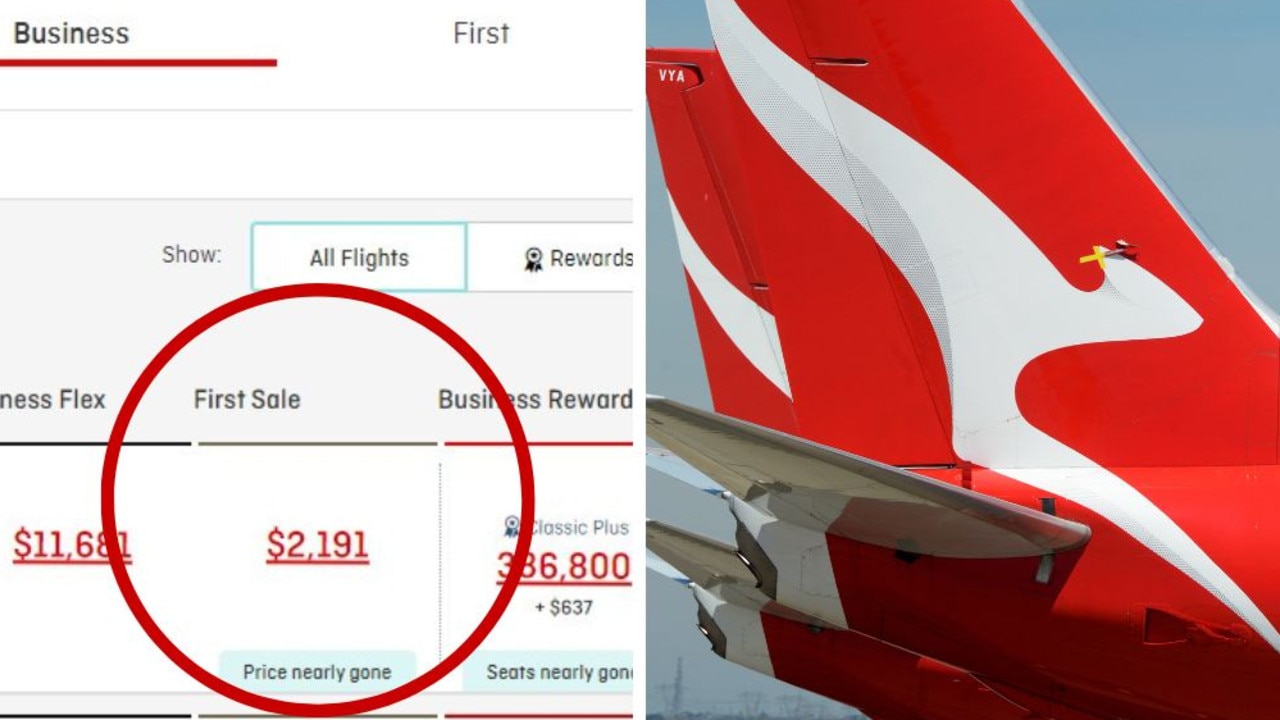Common holiday scams and how to avoid them
IT’S the time of year when everyone is taking it easy. Except scam artists. Here is what they will be up to and how to spot the tricks.
DURING the holidays, we are all a little more patient in our flying and more willing to help each other out.
Unfortunately, scam artists are aware of this generosity and happy to take advantage of holiday-makers when their guard is down.
Whether your end-of-year travels take you a million miles away or just down the road, here are three scams you should always be aware of when travelling.
THE SCAM: FAKE WI-FI HOTSPOT SCAMS
Many travellers take free wireless internet hot spots for granted, and expect it from hotel rewards programs.
Scam artists know this and have been known to set up fake Wi-Fi hot spots, with the goal of stealing the information travellers submit through the connection.
The scam usually takes place in high-traffic areas, including coffee shops and hotel lobbies.
How to avoid it: These hot spots may have strange names, implying they are the official free Wi-Fi. However, these connections are not secure, but rather routed through a scammer’s portal. As a result, any move the traveller makes — including data input on forms — are all captured by the scammer.
If a Wi-Fi hotspot seems suspicious, don’t connect to it. Instead, always ask about the best network to connect to when at a new space, or look for a secure hotspot through a trusted provider.
THE SCAM: DRIVERS WHO TAKE THE LONG ROUTE
After a day of flying, the last thing travellers want to worry about is driving to their destination. However, in many situations, ground transport is a necessity to get from one point or another.

When public transport is not available, most travellers will entrust their ground transport to either a taxi or ride-share driver. Drivers often take advantage of their fares by taking them on the “long-haul” route, or a unnecessarily longer route to the same destination.
In this scam, the driver will inflate their meter rate — with the hopes of inflating their tip — by taking an out-of-the-way route, sometimes claiming their way is “faster” or “more efficient” than the most direct way.
How to avoid it: Travellers who feel they are being long-hauled can always ask their driver to take a different route, mapped out with mobile phones and other electronic devices.
After their ride, travellers can always appeal to the local taxi commission with complaints about their experience.
THE SCAM: FAKE HOTEL MESSAGES
Finally, many of us feel safe and secure once the locks go on our hotel room. However, this is unfortunately not the case in some locations.
Even in the hotel room, scam artists are always thinking about how to part guests from their hard-earned money. One of the most common hotel scams involves the use of fake messages to the hotel guest, with hopes they respond.
A note or official looking bill may provide an official-looking number to call, or the “front desk” will call the hotel room. When the guest calls the number, they’ll be asked to resolve a problem with their credit card — by giving their credit card information over the phone to the scam artists on the other line.
How to avoid it: Never give your credit card information over the phone (or via email) once you’re in your room. A hotel would never make demands over the phone or on a bill, but rather confront the guest in person.
If there is a concern, speak to the front desk in person, or ask to speak with the hotel manager.
While the holidays may be the most wonderful time of the year, it can also be a boon for scam artists looking for a target. By being cognisant of the most common travel scams, every traveller can make sure they don’t fall in a trap, making their travels that much more enjoyable.
This article originally appeared on Frugal Travel Guy.



